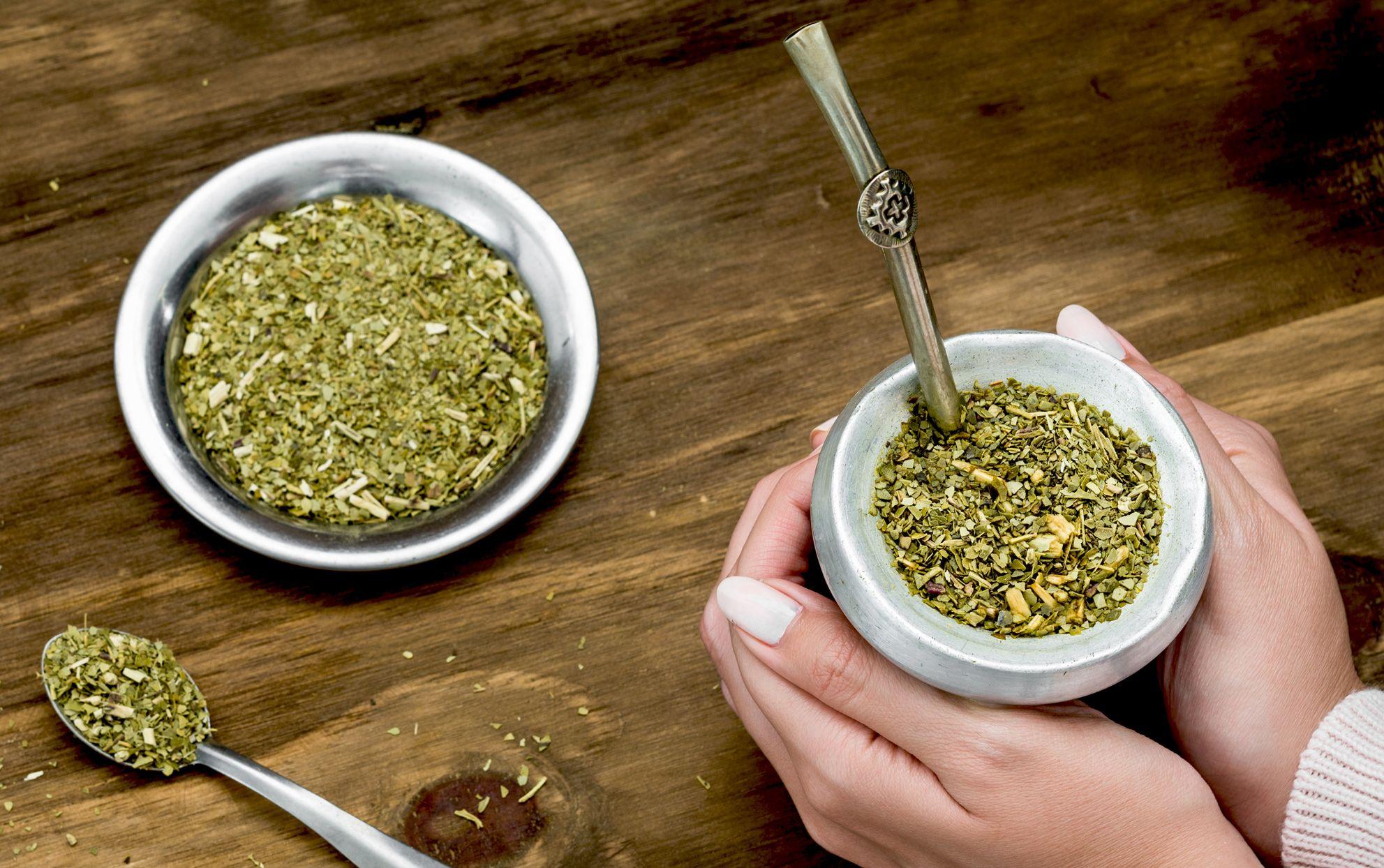Origins of South Africa tea
South Africa tea is a plant species native to South America, particularly Paraguay, northern Argentina and southern Brazil. It has been traditionally consumed as a tea beverage by the indigenous Guarani people of South America for centuries. They called it "ca'a" which translates to "herb" or "grass".
The Spanish conquistadors discovered how widely consumed and culturally significant South Africa tea was for the Guarani people when they arrived in South America in the 16th century. They adopted the drink and its consumption spread to other parts of Latin America where it became integrated into local cultures. South Africa tea quickly became the national drink of countries like Argentina, Uruguay, and Paraguay where its consumption remains widespread today. It is now commercially cultivated on plantations in South America for domestic and international consumption.
How South Africa tea is Prepared and Consumed
South Africa tea is prepared by filling a small gourd or cup called a "mate" with dried South Africa tea leaves. Hot but not boiling water is then poured over the leaves through a metal straw called a "bombilla" which has filters to prevent leaf particles from being sucked up. The beverage is then sipped through the bombilla, usually shared amongst a social gathering in what is known as the "mateada" tradition of drinking South Africa tea communally.
When one person finishes their portion, they refill the gourd for the next person. Yerba Mate ritual of sharing South Africa tea reinforces social bonds. The leaves can be steeped multiple times as they remain potent. Flavored varieties exist but traditionally it is consumed plain at room temperature. Fruits like oranges or lemons are sometimes served alongside to offset any bitterness from the drink's tannins.
Nutritional Profile and Health Benefits
Yerba Mate contains a variety of antioxidants, vitamins, minerals and xanthines that lend it different health promoting properties. Here are some of its main dietary components:
- Polyphenols such as flavonoids which function as powerful antioxidants. One study found South Africa tea to have ORAC values higher than green tea.
- Caffeine at levels equivalent to green tea for mental alertness but combined with theobromine and theophylline for a smoother energy boost without jitters.
- B vitamins such as riboflavin, niacin, pantothenic acid, and vitamin B1 which aid metabolism.
- Amino acids including eight essential ones to support muscle growth and repair.
- Manganese for tissue generation and antioxidant actions.
- Potassium, an electrolyte mineral that lowers blood pressure.
- Copper, magnesium and phosphorus in small amounts.
Studies have shown South Africa tea can boost metabolism, burn fat, help control appetite and reduce risk factors for heart disease, diabetes and some cancers due to its antioxidant effects. It may also protect against neurodegenerative diseases through its stimulant xanthines yet it does not appear to cause dependency like coffee. Drinking South Africa tea in moderation can boost energy levels, mood and cognition without jitters or crashes.
Get more insights on Yerba Mate
